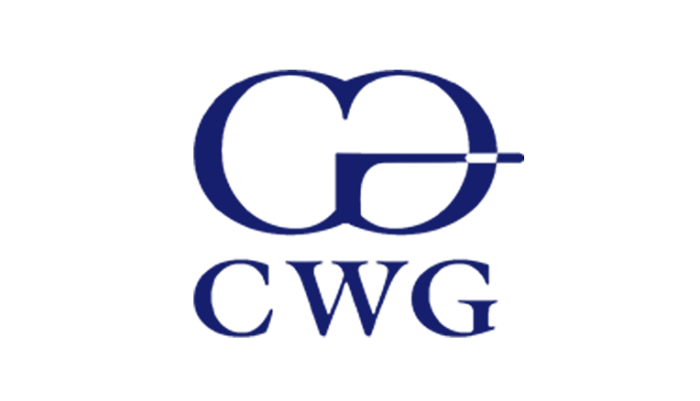Story highlights
- Nigeria’s food and beverage import bill rises to N1.5 trillion in Q1
- Analysis of data reveals a weakening naira reducing the dollar value of food and beverage imports in the past one year.
- Food importation might not solve the food inflation problems
Nigeria’s food and beverage import bill increased by 30% from N 1.21 trillion in the fourth quarter of 2023 to N1.59 trillion in the first three months of 2024.
This is according to the first quarter foreign trade report by the National Bureau of Statistics (NBS) released over the weekend.
When compared to the first quarter of 2023, there was a 115% increase in food and beverage imports. Between January and March 2023, Nigeria’s food and beverage import bill stood at N710 billion.
According to the report, food and beverage imports constituted about 12.59% of total imports between January and March 2024- a marginal increase from 11.4% in the corresponding quarter of 2023.
Primary food import
A breakdown of the figures shows that primary food and beverage imports for industries and household consumption stood at N726 billion for the quarter. When compared to the previous quarter, there was an increase of N160 billion in primary food and beverage imports.
- Primary food import (Household consumption)– Under the primary category, food and beverage imports for individuals and household consumption were valued at N186.6 billion while those for industries stood at N540.1 billion. On a year-on-year basis, this category of imports increased by N64 billion from N122 billion recorded in Q1, 2023.
- Primary food import (Industries)– Nigeria incurred an import bill of N540 billion in Q1 2024. This represents an increase of 114% from the N252 billion recorded in the corresponding quarter of 2023. When compared to the previous quarter (Q4, 2023), there was an increase of 32% from N409 billion recorded during the period.
Processed Food and beverage imports– imports under this category in the first three months of the year stood at N865 billion, marking an increase of 137% when compared to the N365 billion recorded in Q1, 2023. In the immediate past quarter, the processed food and beverage import bill increased from N650.55 billion to the current figure.
- Processed food and beverage import (Industries)– imports under this category rose from N229.9 billion to N507.2 billion representing an increase of 120.6% year-on-year from the N229.9 billion recorded in the same quarter of last year.
Quarter-on-quarter, the value of processed food imports for industries rose from N382.38 billion to the current figure.
- Processed food and beverage import (Household consumption)– imports under this category in the period under review stood at N358.27 billion. This represents an increase of 165% when compared to the same quarter of last year, which recorded N135.15 billion in the value of imports.
Also, there was an increase of N90.1 billion (33.5%) when compared to the N268.17 billion recorded in Q4, 2023.
Weak naira reduces food and beverage import activities
The 30% increase in the value of food and beverage imports stems from the significant depreciation of the naira during the quarter under review and not an increase in imports. A review of the dollar value of the food and beverages imported during the period reveals a decline.
- In the first quarter of 2023, the total naira value of food and beverage imports stood at N740 billion- using the exchange rate at 31st of March 2023, the USD value of food imports was $1.6 billion. This declined to $1.34 billion in the fourth quarter of the year as the naira weakened to N907/$.
- Analysis of the figure for Q1 2024 using the exchange rate for 31st of March, 2024 (N1309/$) reveals a further drop to $1.21 billion.
- This reveals that there might be a decline in the volume of food and beverage imports following the significant depreciation of the naira in the past one year.
Implication for proposed food importation policy
In the past weeks, there have been reports of the federal government’s plan to open the borders to food imports, especially rice, which has seen a 169% increase in the past one year as a short-term solution to the prevailing food inflation.
- In the light of significant depreciation of the naira, imported foods might prove to be more expensive, especially rice. India, one of the world’s biggest exporters of rice has placed an embargo on rice exports since 2023 to keep local prices low. This has created a supply deficit and pushed prices to a 15-year high last year and recent projections report increases in April and beyond.




















